|
Four of the world’s eight pangolin species are found in Africa, but more and more of these animals are being trafficked for their scales and skins. Daniel J Ingram explores why the plight of the pangolin needs to be in the spotlight and why financial and political support for conservation for the animal in Africa is still necessary.
Angola has abolished a colonial-era statute that criminalised “indecent acts” - a reference to same sex relationships. The country’s decriminalisation of same sex acts between adults in private could, writes Frans Viljoen, nudge other nations in the Southern African Development Community towards similar changes.
|

Seizures of pangolins and their scales and skins from Africa, destined for Asia, are increasing.
2630ben/Shutterstock
Daniel J Ingram, UCL
Pangolins are one of the most trafficked wild mammals in the world.
|
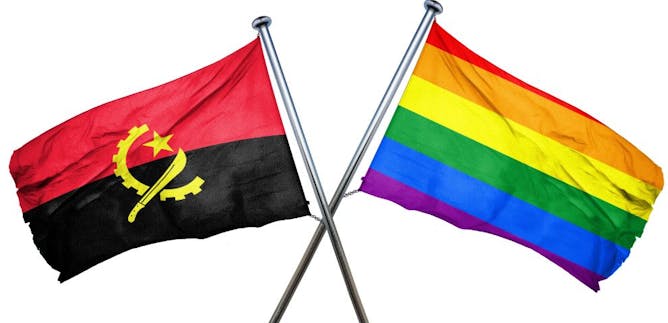
The change in leadership is one of the factors that led to the decriminalisation of homosexual relationships in Angola.
Shutterstock
Frans Viljoen, University of Pretoria
Angola's new President João Lourenço has shown some willingness to engage in more inclusive politics.
|
Business + Economy
|
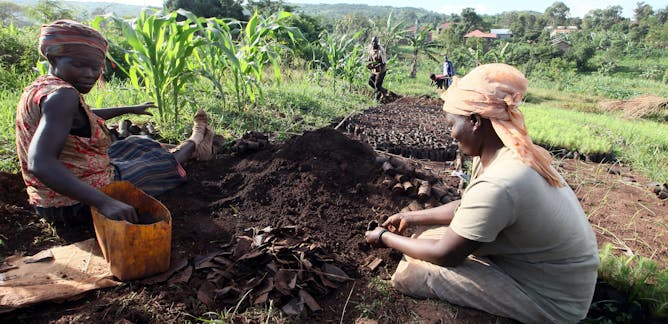
Nathan Fiala, University of Connecticut
Little effort has been made to improve the quality control of the seed supply chain as a whole in Uganda.
| |
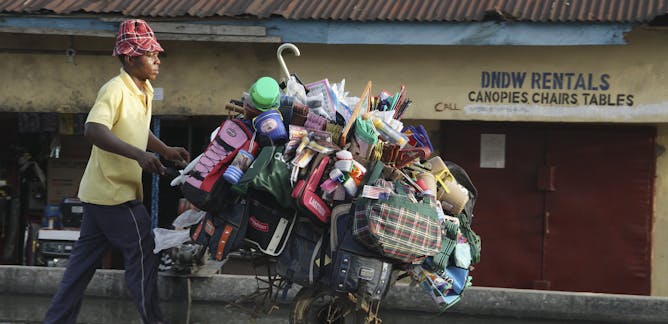
Victor Odundo Owuor, University of Colorado
African states may have an alternative funding source they could harness during times of crisis: diaspora investment.
|
|
|
Politics + Society
|
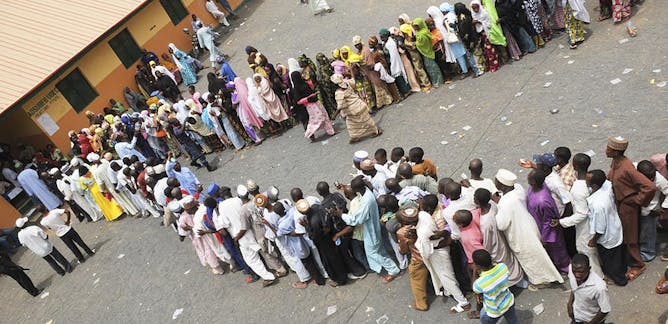
Olayinka Ajala, University of York
More than half of Nigeria's 51% registered voters are aged between 18-35 years.
| |
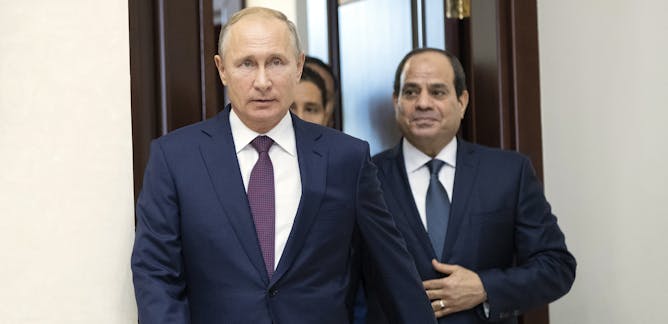
Nathaniel Greenberg, George Mason University
Russia's efforts to sow discord, discontent and chaos extend far beyond the US, including into leading media outlets in the Arab world.
|
|
|
From our international editions
|
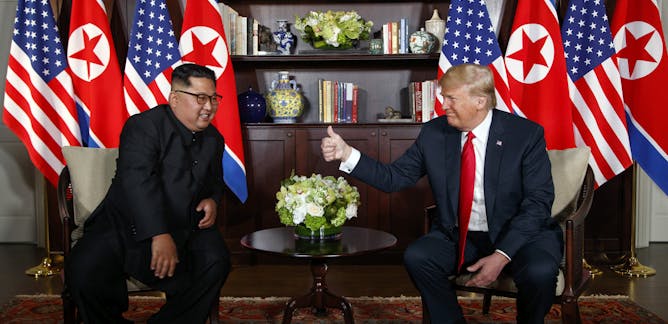
Stephen Collins, Kennesaw State University
Relying only on sanctions against North Korea may not be a productive way to get the country to give up its nuclear arms. Offering relief and aid may be more effective.
| |
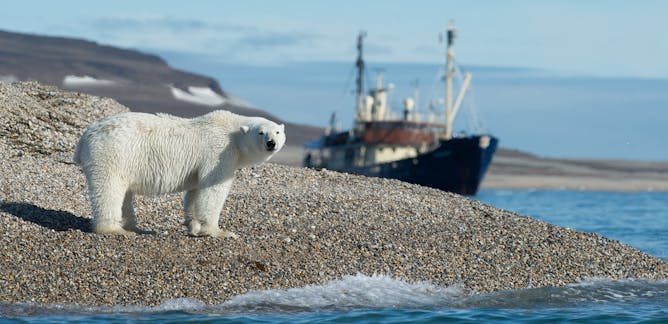
Niki Rust, Newcastle University
Polar bears 'invading' a Russian village have renewed concern over climate change in the Arctic, but human-wildlife conflicts are flaring up everywhere.
|
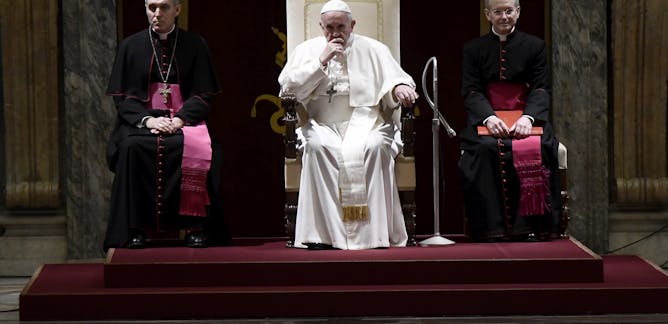
Timothy D. Lytton, Georgia State University
Pope Francis is meeting bishops for a global summit to discuss sexual abuse by clergy. Such a response, says an expert, is part of a past pattern, unlikely to bring a lasting change.
| |
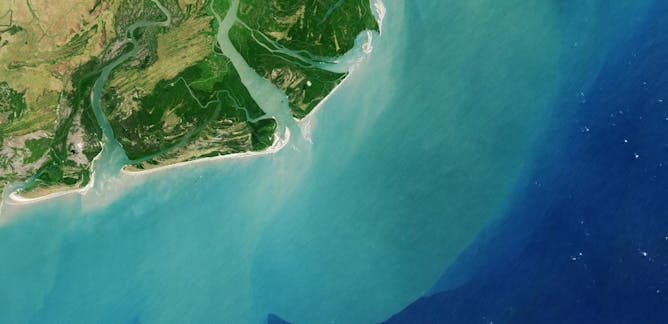
Tamlin M. Pavelsky, University of North Carolina at Chapel Hill
Satellites hundreds of miles overheard are helping scientists to predict drought, track floods and see how climate change is changing access to water resources.
|
|
|
En français
|

Gérald Bronner, Université Paris Diderot – USPC; Florian Cafiero, Université Paris Diderot – USPC; Laurent Cordonier, Université Paris Diderot – USPC
Le conspirationnisme est-il une caractéristique à part entière de ce mouvement, ou le complotisme de quelques « gilets jaunes » est-il mis en avant par ses détracteurs pour le décrédibiliser ?
| |
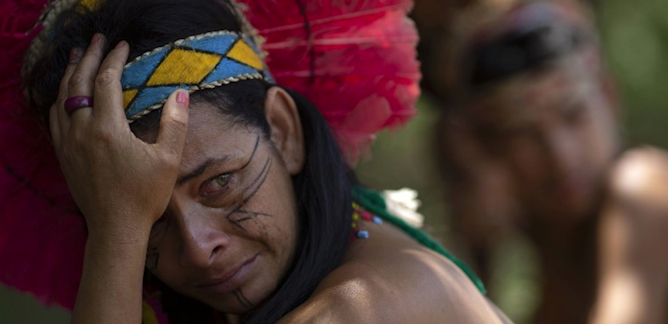
Gunther Capelle-Blancard, Université Paris 1 Panthéon-Sorbonne
Le désastre écologique et humain qui a touché le Brésil en janvier illustre la nécessité de durcir les normes internationales, sans espérer pouvoir s’en remettre à la RSE.
|
|
|